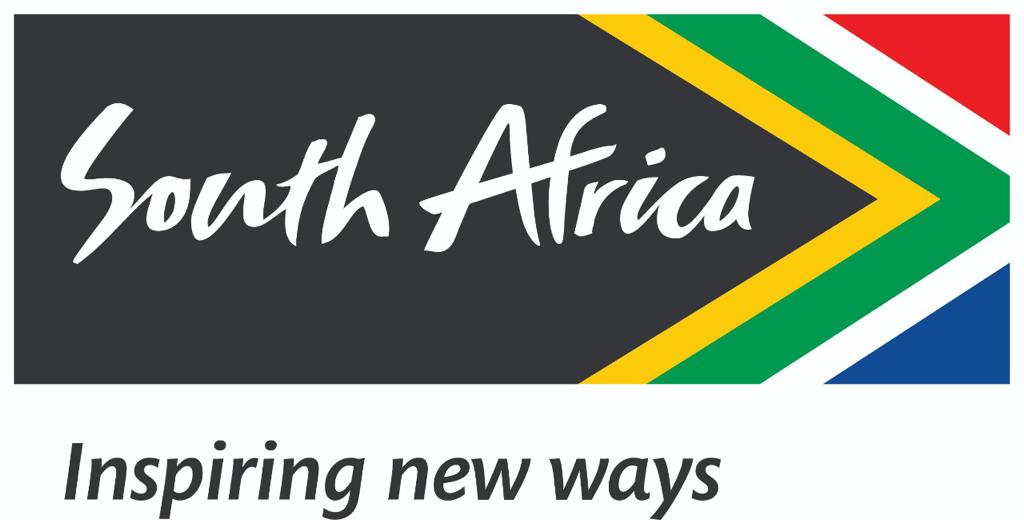This summit has now passed. For information about the 2022 summit, please visit: ebiigroup.com/africa-summit
AFRICA INVESTMENTS RISK
& COMPLIANCE
(IRC)
SUMMIT 2021
THEME
Financial Crime Compliance and ESG - The Future of African Investment
DATE
Friday, 30th July 2021
TIME
08:00 - 18:00 (GMT +1)
LOCATION
Virtual & Oxford, UK (Hybrid)
Premiere Sponsor

Premiere Partner

Executive Summary

Adjoa Adjei-Twum
Founder & CEO of EBII Group
Adjoa is a Financial Crime Compliance Expert with over 14 years of international experience with cross-cutting knowledge in both emerging and developed markets, especially in Anti-money laundering(AML) and Economic Sanctions.
Read BioABOUT EBII GROUP
Emerging Business Intelligence & Innovation (EBII) Group is a compliance and risk management consulting firm headquartered in the UK and supported by Oxford University Innovation. EBII Group’s mission is to unlock Africa’s investment value by helping market participants to understand the compliance risks and mitigations associated with their Africa investments proposition. EBII Group works closely with Banks and African governments by supporting them to strengthen their compliance programmes, regulatory and enforcement programmes. We, therefore, provide a critical link between African nations and the rest of the world, creating a more conducive environment for interactions.
EBII Group, in partnership with the University of Oxford’s Saïd Business School, has created an executive education programme, “Africa Series”, with the first cohort starting in September 2021. Most recently, EBII Group has also launched the African Compliance hub (ACH), a private intelligence hub that provides members with access to the latest news, regulations, workshops, events and networks in the risk management and due diligence landscape.
THE SUMMIT
The year 2020 was primarily defined by the devastating impact of the covid-19 pandemic on billions’ of lives worldwide. In both developed and developing countries, health and economic systems experienced unprecedented levels of pressure. In Africa, the impact has been devastating; while many countries on the continent have recorded a relatively lower number of cases than other regions of the world, the economic impact has been very significant.
Economic growth declined by 3.3% in 2020, making the region experienced its first economic recession in 25 years. Furthermore, lower domestic consumption and reduced investments are projected to cost the region at least $115 billion in output losses, according to the World Bank (2020) article “Strengthen Insolvency Frameworks to Save Firms and Boost Economic Recovery”. The implication of this is that 40 million people could be pushed into extreme poverty, undermining five years of progress in fighting poverty on the continent.
The Challenges
The problem of financial crime, including fraud, has been severe and more pronounced during the covid-19 pandemic in the banking sector. It is the biggest single cause of bank failure and distress in the global banking system.
In general, Africa is perceived to be more vulnerable and is currently one of the most affected by financial crime than any other continent. According to PWC’s Global Economic Crime Survey 2016, reported ‘economic’ crime has gone up by 7% in Africa over the last two years (to 57% against a global average of 36%). And KPMG’s AML survey listed Africa as having the lowest satisfaction rate in terms of its transaction monitoring system. With the digital era and global interconnectivity, electronic banking, and cryptocurrencies like Bitcoin, the drive towards what is often referred to as the digital ‘cashless economy’ has increased the tendency for fraud, corruption and illicit financial flow. The Inter-Governmental Action against Money Laundering in West Africa (GIABA) 2020, in its recent publication “the fight against money laundering and financial crime in West Africa: repositioning ECOWAS for 2020”, reaffirmed its commitment to the fight against financial crime in West Africa. There has therefore never been a more critical time to have a complete understanding of this issue and review existing systems to ensure the areas most open to abuse are addressed, allowing the African economy to attract sufficient investment and become a much bigger player in the global economy.
Environmental, Social and Governance (ESG)
Environmental, Social and Governance (ESG) priorities have become increasingly important to investors and investees alike. Over time, Banks and Asset Managers have built “thematic funds”, green products and sustainable investment opportunities (private equity, impact investment, venture capital funding) for clients, reflecting the evidenced trend.
In Africa, the case for ESG-driven investments is particularly compelling. With a rapidly growing population projected to double by 2050, the continent remains confronted by critical environmental and social issues. According to the AVCA’s (Africa Venture Capital Association) Sustainability Study in 2017, it was found that 80% of investee companies in Africa have ESG considerations in their process from the investment’s inception. Similarly, a 2020 survey by the Global Impact Investor Network (GIIN) determined that 43% of impact investors have funds allocated to Africa, more than any other emerging market region. Despite the potential, challenges still exist.
Firstly, there is the risk of greenwashing, where investment banks structure and label their products as “green”, despite the underlying investments being far from delivering a positive environmental or social impact on society. In Africa, this phenomenon contributes to a general sense of mistrust and fear of opacity that investors struggle with when investing in the African continent.
Secondly, an International Finance Corporation (IFC) study found that the investment case for ESG investment in Africa is undervalued, misrepresented and poorly articulated. They argue that it is critical for the case for financial returns and ESG impact to be better articulated in order to increase future asset flows, new product development and the growth of ESG investments in Africa.
Thirdly, reporting costs associated with implementing an ESG framework are high in terms of the time, money and data involved. Many businesses and governments find the associated costs prohibitive, and this negatively impacts adoption.
Opportunities
Firstly, for the private sector and investment professionals, there is an increasing demand for asset managers who can integrate ESG criteria into their investment value-chain. There are also opportunities to develop products such as impact investment funds or thematic funds (i.e., SDG “sustainable Development Goals set in 2015 by UN to be achieved by 2030” linked funds, energy, water, livelihood, infrastructure etc.).
Secondly, given the resource constraints faced by many African governments, ESG investments and embedding the appropriate financial crime compliance controls can complement public spending by crowding in private sector capital and skills. According to the Africa Development Bank (AfDB), Africa’s Infrastructure investment needs have increased over time, reaching USD 130– 170 billion a year by 2018, with a financing gap of USD 68–108 billion.
Finally, there are opportunities in the regulatory space to develop new tools and mechanisms to make the reporting process and enforcement of these requirements easier. This is because the complexity, volume and special requirements of ESG reporting can disincentivise its application. At the global level, initiatives such as the Principles for Responsible Investments (PRI), which has so far gathered over 3800 signatories from over 80 countries, have provided a framework to help companies.
Why attend the summit?
The summit is a call to action for African political leaders, policymakers, regulatory authorities, leading bilateral/multilateral development finance institutions; private equity and impact investments funds; banks and other financial institutions to come together reflect on these issues, and share their insights on the prospects of ESG and financial crime compliance in supporting growth and development of the African continent. Our annual summit creates the opportunity for African institutions, regulatory bodies and governments to reposition firmly as vanguards of the policy environment and, in so doing, purposefully change the narratives around investment risk in Africa. This is an opportunity for our attendees to access African expertise and gain clarity on investment risks and mitigations of the African markets.
First, institutional and private investors will have access to how the current economic and health situation on the continent has affected the available investment opportunities, the impact this has on conducting due diligence in Africa and how this is likely to affect investment opportunities in the African continent over the coming years.
Second, for businesses on the continent, you would understand what embedding ESG principles entail in practice and the challenges companies may face in doing so, as well as how to mitigate these challenges. This would be an opportunity to listen to the perspectives of local investment funds, regulators and rating agencies.
Finally, for the regulators and policymakers, you will gain a deeper understanding of the current money laundering and terrorist financing risks prevalent in the financial system and the impact of covid-19 on these vulnerabilities; this will help Identify areas that a framework could be built to mitigate these challenges.
As a leading compliance and risk management training and advisory firm, EBII Group shall use its global influence to convene the discussions and support the relevant institutions and regulatory bodies to achieve the highest financial crime compliance and ESG standards. These discussions will also support existing efforts by the EBII Group to provide the knowledge infrastructure needed by market participants to address these issues. This includes the Africa Series Executive programme developed in collaboration with the Said Business School, University of Oxford. The programme equips senior business leaders with the tools needed to navigate the African investment landscape while considering ESG issues. Similarly, the Africa Compliance Hub (ACH), a private intelligence hub, provides members with access to the latest news, regulations, workshops, events and networks to help them mitigate the risks associated with doing business in Africa as well as African firms learning more about the expectations of foreign investors and financial services.